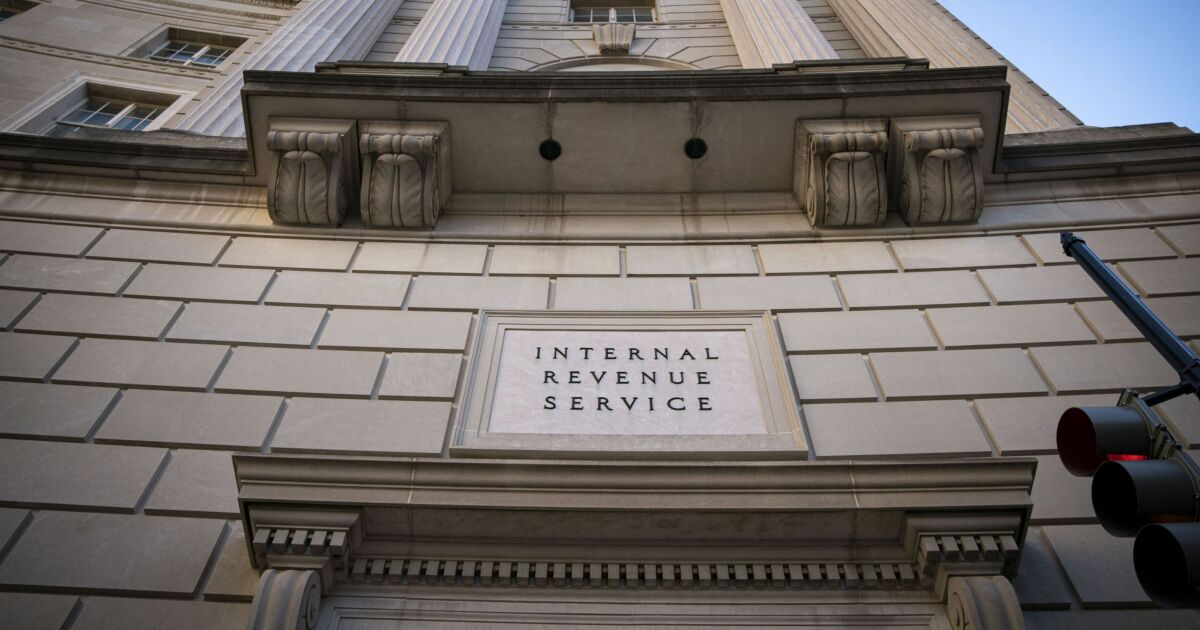Outside a mosque in Bethnal Green, east London, small crowds gathered on Friday at prayer time to express their anger over the Labour party’s refusal to call for a ceasefire in Gaza. Many promised to take their vote elsewhere.
“I want a stop to the fighting. The killings, both in Israel and Gaza. We don’t support Hamas. We don’t support terrorists,” said 35-year-old IT worker Mohammed Rahman, adding: “I’m not going to vote Labour, I’m gonna vote for whoever helps the local community.”
Sir Keir Starmer’s initial decision to back a “humanitarian pause”, saying a full ceasefire would allow Hamas to regroup, was in line with the US and UK governments but backfired among British Muslims — 65 per cent of whom supported Labour in the 2019 election, according to polling by Savanta.
This month, Starmer suffered a major rebellion over his stance, resulting in 10 Labour frontbenchers quitting and 46 other MPs defying him to back a parliamentary motion calling for an immediate ceasefire. More than 50 Labour councillors have resigned over the issue.
Last week, Hamas and Israel agreed a six-day truce that remained in place on Wednesday. Labour currently supports an extension to the pause in fighting to secure the release of hostages and to allow aid to enter the region.
“Monday’s agreement to extend this cessation of hostilities shows further such extensions are possible. Keir Starmer and the Labour party have called on all parties to build on this progress and work urgently towards a further extension,” said Labour.
Labour hopes to flip dozens of Tory seats in the general election expected next year but the loss of Muslim voters could splinter the broad coalition of support it needs to attract to win.
According to analysis by the Financial Times, there are 10 seats in England and Wales where the Muslim population is more than 10 per cent and slender majorities leave the party open to a protest vote.
About 15 Conservative MPs in England and Wales hold margins that are smaller than the proportion of Muslim population in their constituencies, the analysis of census and polling data found.
Labour said the party was engaging closely with British Muslims, noting that shadow home secretary Yvette Cooper had expressed concern over a rise in anti-Muslim threats, abuse and assaults.
In Bethnal Green and Bow, Labour MP Rushanara Ali has a comfortable majority in the tens of thousands. She publicly backed a ceasefire but her decision to abstain from the recent parliamentary vote on the issue triggered local protests. Ali was contacted for comment.
The local Labour office is plastered with posters calling for Ali to resign, while another references a LBC interview with Starmer, in which he said that he believed Israel had a right to withhold power and water from Gaza. The Labour leader later clarified that he meant Israel had a “right to self-defence” but not to withhold humanitarian aid.
Sabina Khan, a Labour councillor in Mile End, said that recent protests outside party offices were carried out by far-left agitators but conceded the community had been left “divided, completely divided” on Gaza. “People want immediately, everything to stop. They’re concerned and heartbroken about the war,” she noted.
Last year Labour lost the Tower Hamlets local authority, which includes the wards of Mile End and Bethnal Green, to the Aspire party led by Lutfur Rahman. This month, Labour received another dent when a local councillor resigned over the party’s response to the humanitarian crisis in Gaza.

“I’ve always supported Labour, voted Labour and encouraged my friends and family to vote for Labour. But obviously, seeing what they’re doing in regards to Gaza, that’s now out of the question,” said Faysal Ahmed, 36, a protest organiser.
Ahmed voted for George Galloway in 2005, a former MP who won the seat from Labour’s Oona King standing on a platform opposing the Iraq war. He said “nobody cared about [Galloway’s] policies, nobody knew his policies. Only his stance on the illegal Iraq war”.
Ahmed denied that recent protests held outside MPs’ offices were intimidatory: “We’ve written to them, we’ve demanded X, Y, Z and they haven’t listened. It’s now right that we protest outside their place of work.”
Around half of British Muslims who voted Labour in 2019 currently feel more negatively towards the party because of its handling of the conflict, according to Savanta.

Starmer’s net satisfaction rating among Muslim voters is significantly lower than among the rest of the population, at minus 26 points compared with plus eight among the wider population.
Jon Cruddas, Labour MP for Dagenham and Rainham, also in east London, said: “I have a sense of foreboding about where this [conflict] will go . . The Iraq legacy comes to the fore. I’m fearful. It was tragic in terms of the humanitarian consequences, also tragic for the Labour party.”
Cruddas, who has been critical of Starmer and will step down at the next election, holds a majority of less than 300 in his constituency where the Muslim community has nearly trebled as a proportion of the population in a decade.

Zara Mohammed, secretary-general of the Muslim Council of Britain, said Labour’s support of a humanitarian pause “might be legitimate” but “not what people want”, adding that pressure would continue to mount on Starmer.
However, efforts to stand independent candidates remain nascent. Abdul-Rahman Abbas, a British-Palestinian doctor, is part of an informal group hoping to back individuals to contest Labour seats next year.
“[It’s about] getting people elected who actually care about their constituents. Who are only accountable to their constituents,” he said. “They won’t have any whip behind their back.” But Abbas and his fellow Muslim activists have yet to select candidates or establish how they would finance a campaign.
Labour campaigners said that a lack of resources and co-ordination will be an acute challenge for independents in an election campaign that is likely to focus on falling living standards.
Chris Hopkins, political research director at Savanta, said that much of the momentum against Labour would depend on whether the conflict in Gaza persisted next year.
Polling suggested Labour would have a tougher job retaining British Muslims next year, with 76 per cent of its 2019 Muslim voter base stating they would back the party again, compared with 84 per cent of all voters who supported Labour in the last election.
Yet Labour’s stance has still come as a surprise to some voters, a fact that campaigners such as Abbas hope to capitalise on.
Mujahid and Umra Hayat, siblings aged 20 and 27-years-old, were taken aback by Labour’s position. When asked, they said they thought the party had called for an immediate ceasefire.
“Then I don’t support them,” said Mujahid. “I thought I did.”
Additional reporting by Jim Pickard and Oliver Hawkins.

Credit: Source link










